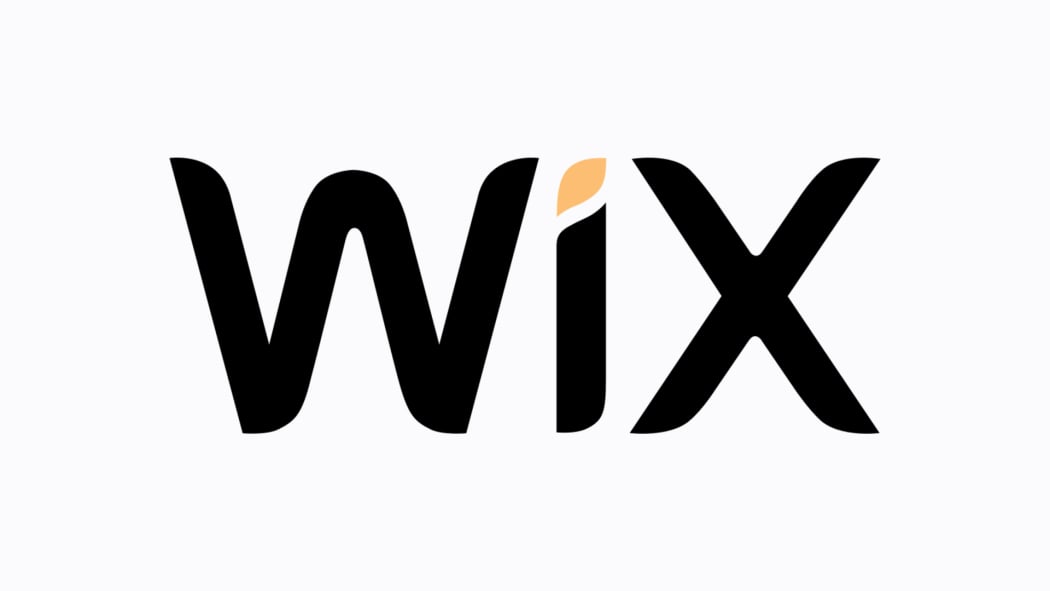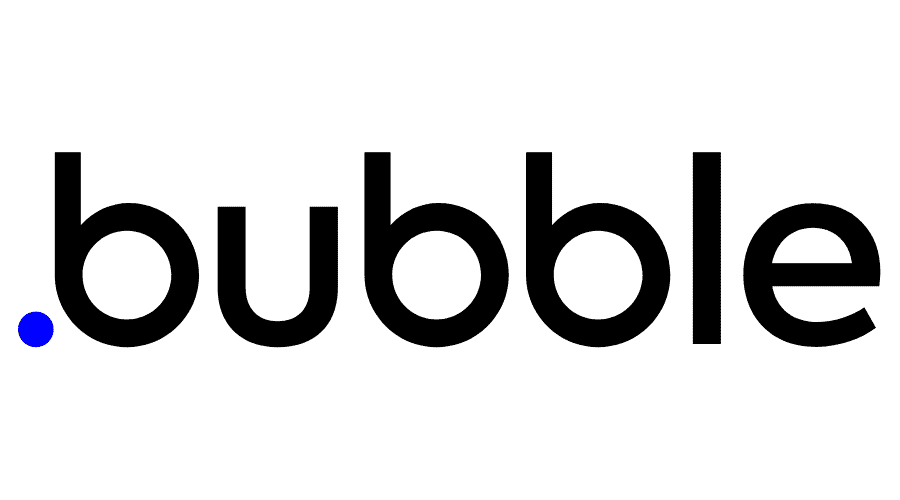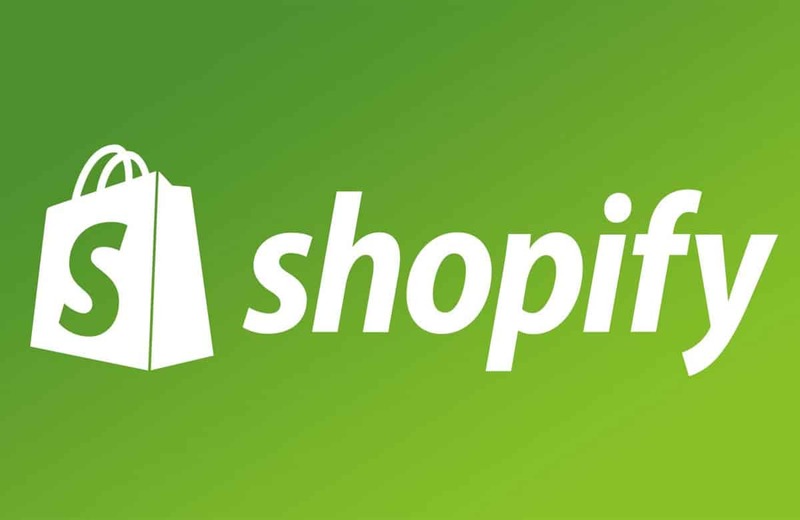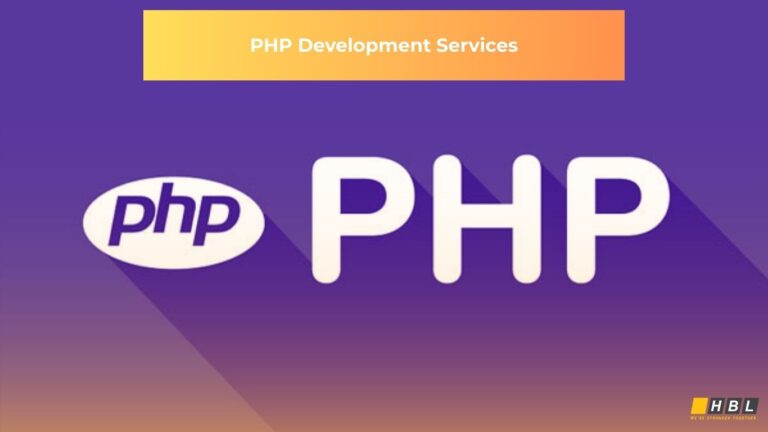Web development platforms are revolutionizing how websites and web applications are built, enabling beginners and seasoned developers to streamline workflows. With options ranging from drag-and-drop tools to advanced frameworks, these platforms offer solutions for diverse needs—from small-scale projects to enterprise-level applications, and can be used by both non-coders and coders.
What Are Web Development Platforms?
A web development platform is a suite of tools and resources designed to help developers create, manage, and deploy web applications, websites, and APIs. These platforms range from no-code tools for entrepreneurs to backend frameworks for expert programmers.
A wide range of users utilize web development platforms for various purposes. Entrepreneurs and small businesses leverage these platforms to create affordable and easy-to-manage websites that meet their needs without extensive technical expertise. Designers rely on them to quickly transform their creative concepts into fully interactive websites, streamlining the design-to-development process. Tech-savvy professionals use these tools to automate workflows and accomplish tasks with minimal coding, enhancing efficiency. Meanwhile, developers utilize front-end and back-end frameworks to build scalable web applications, ensuring robust and adaptable solutions for complex projects.
Top 14 Web Development Platforms
1. Webflow

- Features: Webflow offers advanced design customization, enabling users to create unique, professional-grade websites without needing to write code. Its built-in CMS (Content Management System) is powerful yet user-friendly, allowing seamless management of content. Additionally, Webflow provides a suite of SEO tools, including customizable meta tags, sitemaps, and mobile optimization, ensuring improved visibility on search engines. The platform also supports responsive design, ensuring that websites look great across all devices.
- Best For: Webflow is ideal for creative professionals, agencies, and designers who value design freedom and require a platform that balances visual aesthetics with functionality. It’s particularly suited for portfolios, marketing sites, and small business websites.
- Pricing: Webflow’s pricing starts at $14/month for the Basic plan, which is suitable for simple websites. Higher-tier plans with additional features like CMS capabilities and enhanced support are available for more complex projects.
2. Wix

- Features:
Wix stands out with its intuitive drag-and-drop interface, allowing users to easily build and customize websites without coding skills. It boasts an extensive template library, offering designs for various industries and purposes. Additionally, Wix is well-regarded for its e-commerce capabilities, making it a strong choice for creating and managing online stores with integrated payment solutions and product management. - Best For:
Wix is ideal for beginners and small businesses looking for a simple yet versatile platform to establish an online presence without requiring technical expertise. - Pricing:
Plans start at $17/month, covering essential features like hosting and templates, with options to scale for more advanced functionalities such as e-commerce and additional storage.
3. Bubble

- Features:
This platform offers a visual programming interface that simplifies app development for non-coders. Its robust app-building capabilities support the creation fully functional and scalable applications, making it a powerful tool for building software solutions without extensive coding knowledge.
- Best For:
Ideal for startups focused on developing SaaS products or other innovative software solutions, thanks to its flexibility and scalability.
- Pricing:
Includes a free tier with basic features, while premium plans start at $25/month, offering enhanced functionalities and resources for advanced projects.
4. Squarespace
- Features:
Offers a range of professional templates designed for a polished and visually appealing online presence. Includes integrated e-commerce tools for managing small online stores with ease, from product listings to payment processing.
- Best For:
Perfect for individuals or businesses needing portfolios or managing small online stores, combining aesthetics with functionality.
- Pricing:
Plans start at $16/month, providing a cost-effective solution for professional website creation and e-commerce management.
5. Glide
- Features:
Easily syncs with Google Sheets and SQL databases, enabling seamless data integration. Designed to help businesses create custom internal tools for managing workflows and operations efficiently. - Best For:
Ideal for small businesses seeking to streamline their internal workflows with tailored solutions. - Pricing:
Offers a free plan for basic use; premium plans begin at $69/month, catering to more advanced needs.
6. Shopify

- Features:
Designed specifically for e-commerce, Shopify offers an intuitive interface, excellent onboarding tutorials, and 24/7 customer support. It includes built-in tools for inventory management, payment processing, and marketing.
- Best For:
Ideal for online stores of all sizes, from small businesses to large-scale operations. However, it’s not suitable for non-e-commerce websites.
- Price:
Starts from $29/month for basic features and scaling up for advanced tools.
7. WordPress
- Features:
Highly flexible and customizable. Supports extensive plugins, themes, and coding options to create nearly any type of website. Comes with a steeper learning curve compared to simpler platforms.
- Best For:
Perfect for creating diverse website types, including blogs, portfolios, and complex sites. Ideal for users who need customization and are comfortable managing technical aspects.
- Price:
Free but costs extra for hosting, premium themes, plugins, and maintenance
8. Flutter

- Features:
Enables developers to build cross-platform applications with a single codebase, ensuring consistency across devices. Delivers high performance for both mobile and web apps. - Best For:
Suited for mobile and web app developers seeking efficient and scalable solutions. - Pricing:
Varies by tools and integrations; many frameworks are open-source or require minimal investment.
9. React.js
- Features:
Offers interactive, data-driven interfaces for enhanced user experiences. Utilizes a component-based architecture to improve code reusability and maintainability. Implements efficient DOM updates, ensuring faster performance and seamless interactivity.
- Best For:
Ideal for large-scale, dynamic web applications requiring scalability and high performance.
- Pricing:
Free and open-source, with extensive community support.
10. Angular
- Features:
Provides advanced tools for creating scalable and reusable UI components. Supports robust two-way data binding, ensuring seamless synchronization between data models and views. Includes built-in dependency injection, enabling modular design and efficient code management.
- Best For:
Perfect for enterprise-level web applications requiring complex functionality and scalability. - Pricing:
Free and open-source, backed by Google and a large developer community.
11. Vue.js
- Features:
Vue.js is lightweight and highly adaptable, making it easy to integrate into existing projects. It’s beginner-friendly, with a gentle learning curve, while still offering the flexibility and scalability needed for larger applications.
- Best For:
Ideal for progressive web apps (PWAs) and projects requiring gradual adoption.
- Pricing:
Free and open-source, supported by a vibrant developer community.
12. Postman
- Features:
Postman offers comprehensive API development and testing tools, enabling efficient debugging and performance analysis. It also provides a collaborative environment for teams to share APIs, collections, and workflows seamlessly. - Best For:
Perfect for backend developers and teams focused on building, testing, and managing APIs. - Pricing:
Free tier available; premium plans start at $12/user/month.
13. Docker
- Features:
Docker offers containerization to create consistent environments for development, testing, and production. It simplifies deployment across multiple platforms, ensuring that applications run seamlessly in any environment.
- Best For:
Ideal for full-stack developers and teams managing complex systems that require scalable, reproducible environments.
- Pricing:
Free tier available; premium plans start at $5/month.
14. Node.js
- Features:
Node.js is an asynchronous, non-blocking runtime built on Chrome’s V8 engine. It excels in building real-time apps, APIs, and scalable solutions, with an extensive npm library for rapid development. - Best For:
Ideal for scalable backend development, real-time applications, and microservices architecture. - Pricing:
Free and open-source; hosting and integrations may incur additional costs.
How to Choose the Right Platform or Framework
1. Project Complexity
Simple Websites: If your project involves building a basic website, such as a blog, portfolio, or small business site, you may want to choose a no-code or low-code platform like Squarespace, Wix, or Weebly. These platforms are ideal for those with limited technical experience, offering user-friendly drag-and-drop tools and templates that make it easy to design a professional-looking site with minimal effort.
Complex Web Applications: For more complex projects that require custom functionality, secure user authentication, and scalable back-end solutions, consider advanced frameworks like Django (Python), Node.js (JavaScript), or Ruby on Rails. These frameworks are highly flexible and allow developers to build sophisticated web apps with robust performance and security, perfect for businesses that require tailored features and integrations.
2. SEO Requirements
Integrated SEO Tools: SEO (Search Engine Optimization) is essential for improving your site’s visibility on search engines like Google. If improving organic search rankings is a priority, look for platforms that offer built-in SEO tools. Webflow, WordPress, and Squarespace are excellent examples of platforms that make SEO management easy, with options for meta-tag editing, URL customization, sitemaps, and mobile optimization—all of which contribute to better search engine rankings.
Customizable SEO: If your project needs advanced SEO strategies (such as keyword optimization, detailed analytics, or schema markup), choose platforms like WordPress with SEO plugins (like Yoast SEO) or frameworks like Django and Node.js, which allow full control over technical SEO aspects like structured data and indexing settings.
3. Budget
Affordable Solutions: Platforms like Wix, Weebly, and Squarespace offer budget-friendly options, especially for small businesses or individuals starting. These platforms usually have affordable monthly plans with everything included (hosting, domain registration, templates, etc.). However, if your project requires higher customization, additional tools, or advanced features, you may need to upgrade to a more expensive plan or consider hiring a developer.
Cost-effective vs. Custom Development: For more advanced projects, especially those with a specific set of requirements, you may need to consider custom development using frameworks like ReactJS, Angular, or Django. While these frameworks offer much more flexibility, they can also be costlier as they require skilled developers and may involve ongoing development and maintenance costs. Make sure to evaluate both the upfront cost and long-term costs of your platform choice.
4. Integration Needs
Out-of-the-box Integrations: Many platforms offer integrated tools that work with popular third-party applications, such as CRM systems, email marketing tools, and payment gateways. For example, Shopify and WordPress have a range of pre-built plugins that integrate easily with popular CRMs like Salesforce, HubSpot, and Mailchimp. This makes them ideal for businesses that need a quick and easy way to connect their website to existing tools.
Custom Integrations: If you need more customized integrations—such as connecting to proprietary systems, advanced databases, or enterprise-level CRMs—you may need to look at frameworks like Node.js or Django. These back-end technologies allow you to build custom APIs and data pipelines to integrate with your existing infrastructure seamlessly.
5. Ease of Use
Beginner-friendly Platforms: If you’re new to web development or need to build a website quickly without a steep learning curve, platforms like Wix, Squarespace, and Webflow are excellent choices. These platforms offer drag-and-drop functionality, pre-designed templates, and intuitive user interfaces, allowing you to create professional sites with little to no technical knowledge.
For Developers: If you or your team are experienced developers and prefer more control over your project’s architecture and design, opt for open-source frameworks like ReactJS, Angular, or Vue.js. These platforms offer a high degree of customization but require familiarity with HTML, CSS, JavaScript, and sometimes additional languages like Python or Ruby.
6. Scalability
Growth Potential: As your business or project grows, scalability becomes an important factor. No-code platforms like Wix and Squarespace are great for small businesses, but they may lack the flexibility and scalability required for handling larger, more complex sites. For growing companies, consider frameworks like ReactJS and Django, which can handle large-scale applications and traffic spikes, allowing your website to evolve with your business needs.
7. Mobile Optimization
Responsive Design: In today’s mobile-first world, ensuring your website is fully responsive (i.e., it looks great and functions well on mobile devices) is crucial. Platforms like Webflow and WordPress have built-in mobile optimization features, which automatically adjust the layout of your website based on the screen size of the device being used.
Custom Mobile Apps: If you need a custom mobile app or a progressive web app (PWA) with offline capabilities, consider frameworks like React Native or Flutter for building mobile applications that integrate seamlessly with your web project.
Conclusion
Web development platforms and frameworks have democratized website and app creation, catering to diverse users—from beginners launching their first site to seasoned developers building enterprise applications.
Selecting the best platform ultimately depends on your project’s complexity, budget, and technical expertise. Beginners with simple websites may find no-code platforms like Wix or Squarespace perfect for their needs. On the other hand, businesses requiring complex functionalities and scalability may want to choose advanced frameworks like Django, Node.js, or ReactJS for more control over their projects.
When making your decision, be sure to evaluate each platform’s ability to meet your SEO requirements, integration needs, and ease of use. Test out different platforms and assess their long-term scalability to ensure your website or application can grow with your needs. By choosing the best website builder, your web project will be off to a strong start.
FAQ Section
Q1: What’s the best web development platform for beginners?
Wix and Webflow are excellent options for their user-friendly interfaces.
Q2: Can I use no-code platforms for complex projects?
Yes, tools like Bubble can handle complex workflows.
Q3: What’s the difference between front-end and back-end frameworks?
Front-end frameworks manage the user interface and visuals.
Backend frameworks handle server-side operations like database management.
Ready to revolutionize your web development process? Explore these platforms and frameworks, or contact HBLAB for expert guidance tailored to your business needs.
See more:
– Top 15 Most Reputable IT Outsourcing Companies in Singapore
– IT Outsourcing: Why, and why not?
– How to Make Games Without Programming: Best No-Code Tools & Professional Tips




